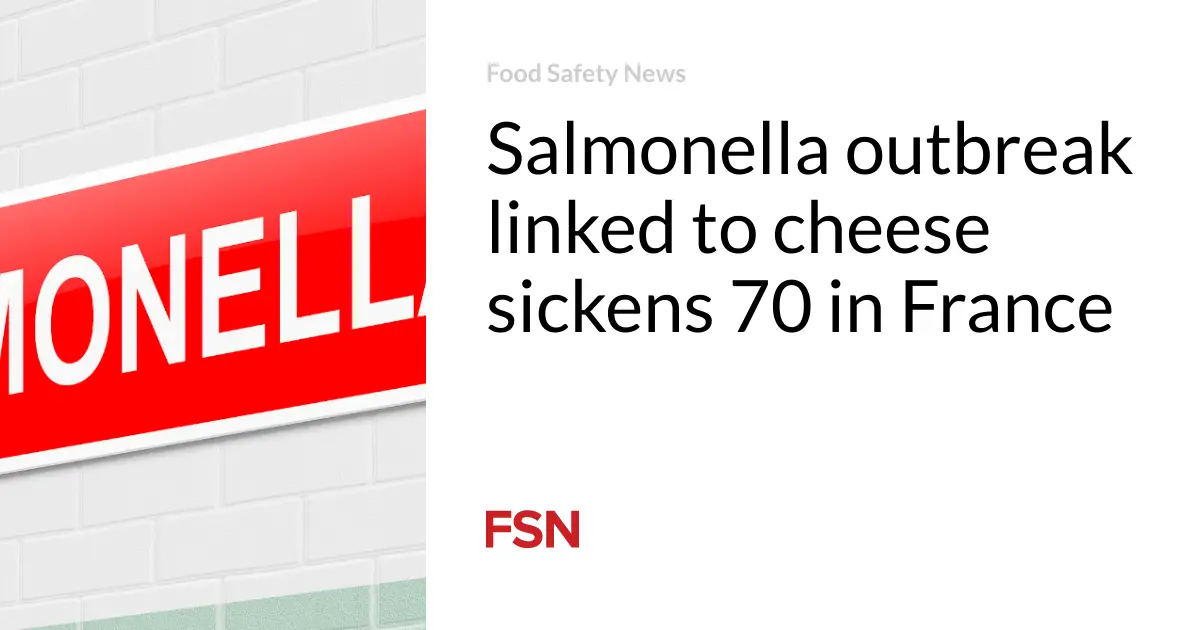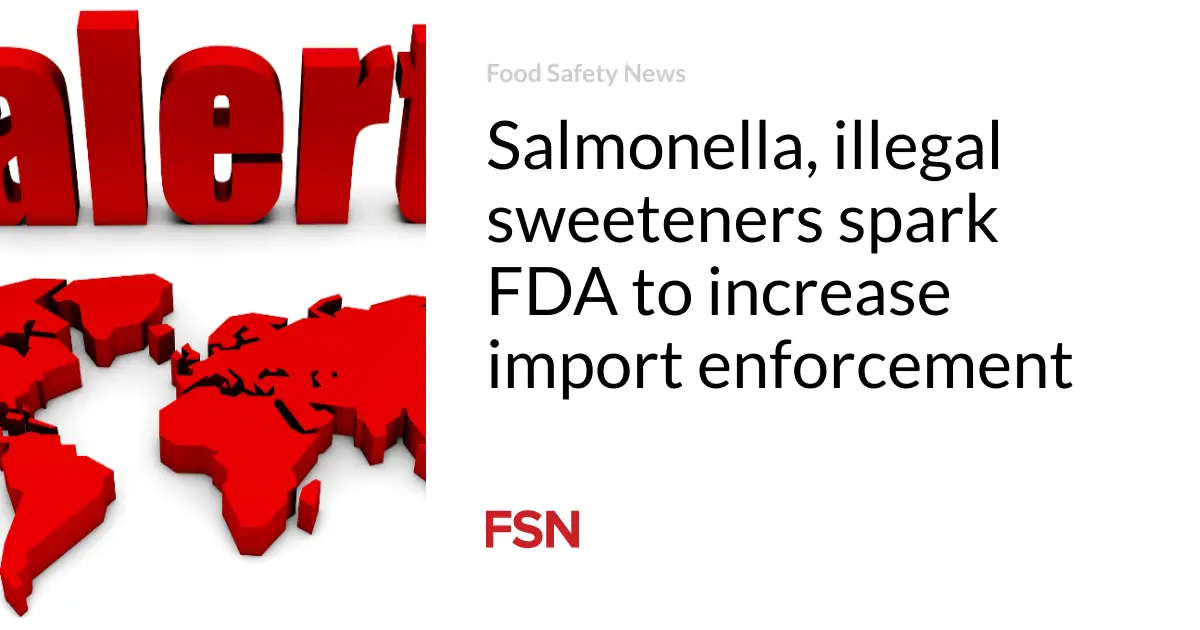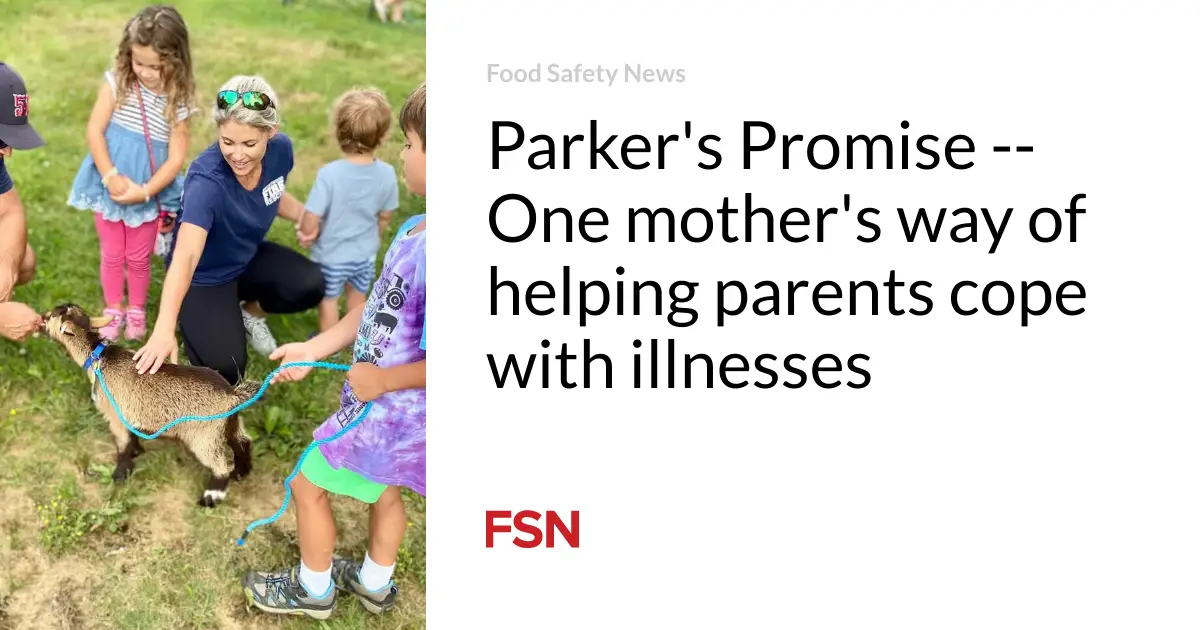
More than 70 people have fallen sick in France in a Salmonella outbreak linked to cheese.
The 72 salmonellosis cases are linked to the consumption of Le Chasteau soft cheeses produced in Cantal by GAEC Deflisque between the beginning of March and the start of August.
Institut Pasteur and Santé publique France identified cases with similar characteristics in late July to early August.
More than half of the sick people were identified in Puy-de-Dôme, Corrèze, and Creuse; others have recently been found in the regions of Nouvelle-Aquitaine, Bourgogne-Franche-Comté, Centre-Val de Loire, Pays de la Loire, Brittany, Grand-Est, and Occitanie.
Food questionnaires among patients and traceability work conducted at places of purchase and consumption made it possible to identify the implicated products.
Official inspections in Cantal closed the cheese factory and seized cheeses on site on July 23. Sampling confirmed the contamination of cheeses on August 1.
A recall applies to all batches of Le Chateau cheeses from GAEC Deflisque and all use-by dates sold from March 2024.
Salmonella was confirmed in 158 outbreaks in France in 2022, with 975 cases and 165 hospitalizations. Milk and dairy products were linked to nine confirmed or suspected Salmonella outbreaks.
About Salmonella
Food contaminated with Salmonella bacteria does not usually look, smell, or taste spoiled. Anyone can become sick with a Salmonella infection. Infants, children, seniors, and people with weakened immune systems are at higher risk of serious illness because their immune systems are fragile, according to the CDC.
Anyone who has eaten recalled products and developed symptoms of Salmonella food poisoning should seek medical attention. Sick people should tell their doctors about the possible exposure to Salmonella bacteria because special tests are necessary to diagnose salmonellosis. Salmonella infection symptoms can mimic other illnesses, frequently leading to misdiagnosis.
Symptoms of Salmonella infection can include diarrhea, abdominal cramps, and fever within 12 to 72 hours after eating contaminated food. Otherwise, healthy adults are usually sick for four to seven days. In some cases, however, diarrhea may be so severe that patients require hospitalization.
Older adults, children, pregnant women, and people with weakened immune systems, such as cancer patients, are more likely to develop severe illness and serious, sometimes life-threatening conditions. Some people get infected without getting sick or showing any symptoms. However, they may still spread the infections to others.
(To sign up for a free subscription to Food Safety News, click here.)






